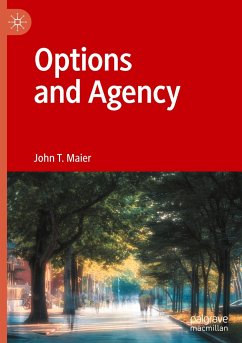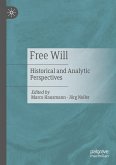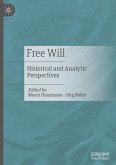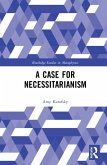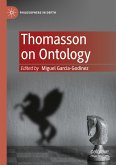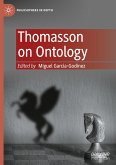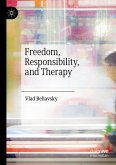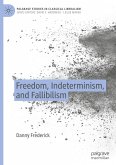This book develops an original theory of agentive modality: the kind of modality that is distinctive to agents. The central thesis is that the idea of an option should be taken as primitive, and that other agentive notions - such as ability, skill, and free will - should be understood in terms of options.
The main contributions of this book are twofold. First, it resolves many of the outstanding questions in the metaphysics and semantics of agentive modality. In doing so, it develops original accounts of topics that have been central to philosophy since Aristotle. It also contributes to a lively contemporary literature on these topics. Second, it articulates an austere and uncompromising form of compatibilism about free will, termed "simple compatibilism." Simple compatibilism is so-called because it rejects both the reductive theses endorsed by traditional compatibilists and the sophisticated proposals of many contemporary compatibilists. Instead, it turns precisely on insisting that options are analytically simple. Arguments for incompatibilism are shown to rest on auxiliary principles that should, in light of the book's general account of options, be rejected.
The main contributions of this book are twofold. First, it resolves many of the outstanding questions in the metaphysics and semantics of agentive modality. In doing so, it develops original accounts of topics that have been central to philosophy since Aristotle. It also contributes to a lively contemporary literature on these topics. Second, it articulates an austere and uncompromising form of compatibilism about free will, termed "simple compatibilism." Simple compatibilism is so-called because it rejects both the reductive theses endorsed by traditional compatibilists and the sophisticated proposals of many contemporary compatibilists. Instead, it turns precisely on insisting that options are analytically simple. Arguments for incompatibilism are shown to rest on auxiliary principles that should, in light of the book's general account of options, be rejected.

